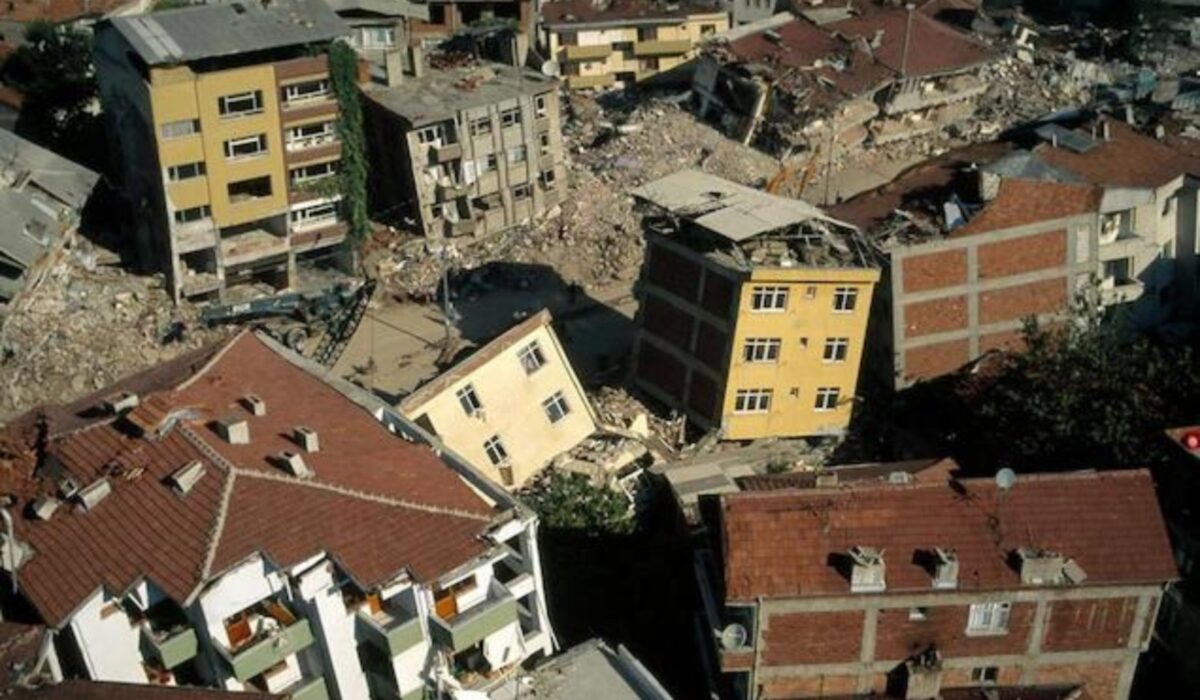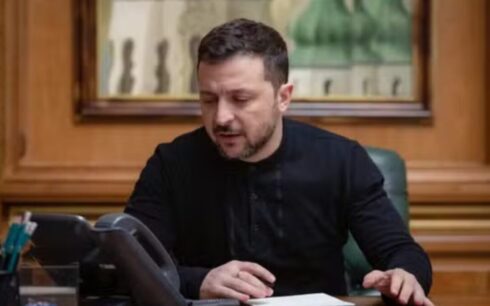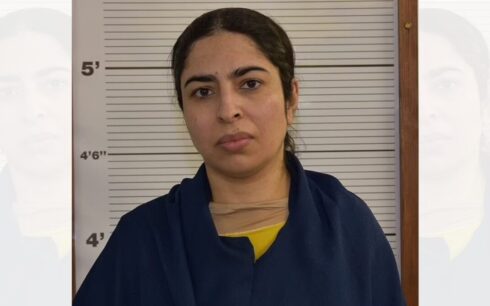The death toll from Monday’s earthquake in Turkey rose to 18,342 by Friday morning and the number of injured rose to 74,242, Reuters reported.
In Syria, more than 3,300 have been killed and many more people remain under rubble, rescuers said.
In total, the death toll in the earthquake in Turkey and Syria surpassed 21,000 by Friday morning.
According to Turkish officials and the United Nations, some 24.4 million people in Syria and Turkey have been affected in an area spanning roughly 450 km (280 miles) from Adana in the west to Diyarbakir in the east. In Syria, people were killed as far south as Hama, 250 km from the epicenter.
In the Turkish port city of Iskenderun, people huddled around fires on roadsides and in wrecked garages and warehouses. Quoted by Reuters, authorities say some 6,500 buildings in Turkey collapsed and countless more were damaged.
In freezing temperatures across the region, rescue teams regularly called for silence, asking all vehicles and generators to stop as they listened for any sound of life from mangled concrete mounds.
Many in Turkey have complained of a lack of equipment, expertise and support to rescue those trapped – sometimes even as they could hear cries for help.
According to Reuters report, Greece sent thousands of tents, beds and blankets and Israeli satellite intelligence was helping map the disaster zones in Turkey with technology predominantly used for special operations, the Israeli military said.
Cold, hunger and despair gripped hundreds of thousands of people left homeless in the middle of winter by the region’s deadliest earthquake in decades.
Several people were pulled from the rubble of buildings during the night, including a 10-year-old boy saved with his mother after 90 hours in the Samandag district of Hatay province in Turkey’s south.
Also in Hatay, a seven-year-old girl named Asya Donmez was rescued after 95 hours and taken to hospital, the state-owned Anadolu news agency reported. In Diyarbakir to the east, Sebahat Varli, 32, and her son Serhat were rescued and taken to hospital on Friday morning, 100 hours after the first quake.
But hopes were fading that many more would be found alive in the ruins of thousands of collapsed buildings in towns and cities across the region.
The death toll from the 7.8 magnitude earthquake and several powerful aftershocks across both countries has surpassed the more than 17,000 killed in 1999 when a similarly powerful earthquake hit northwest Turkey.
The earthquake now ranks as seventh most deadly natural disaster this century, ahead of Japan’s 2011 tremor and tsunami and approaching the 31,000 killed by a quake in neighboring Iran in 2003.
The disaster has cast doubt on whether a May 14 Turkish election will go ahead on time. A Turkish official said on Thursday it posed “very serious difficulties” for the vote, in which President Tayyip Erdogan has been expected to face his toughest challenge in two decades in power.





